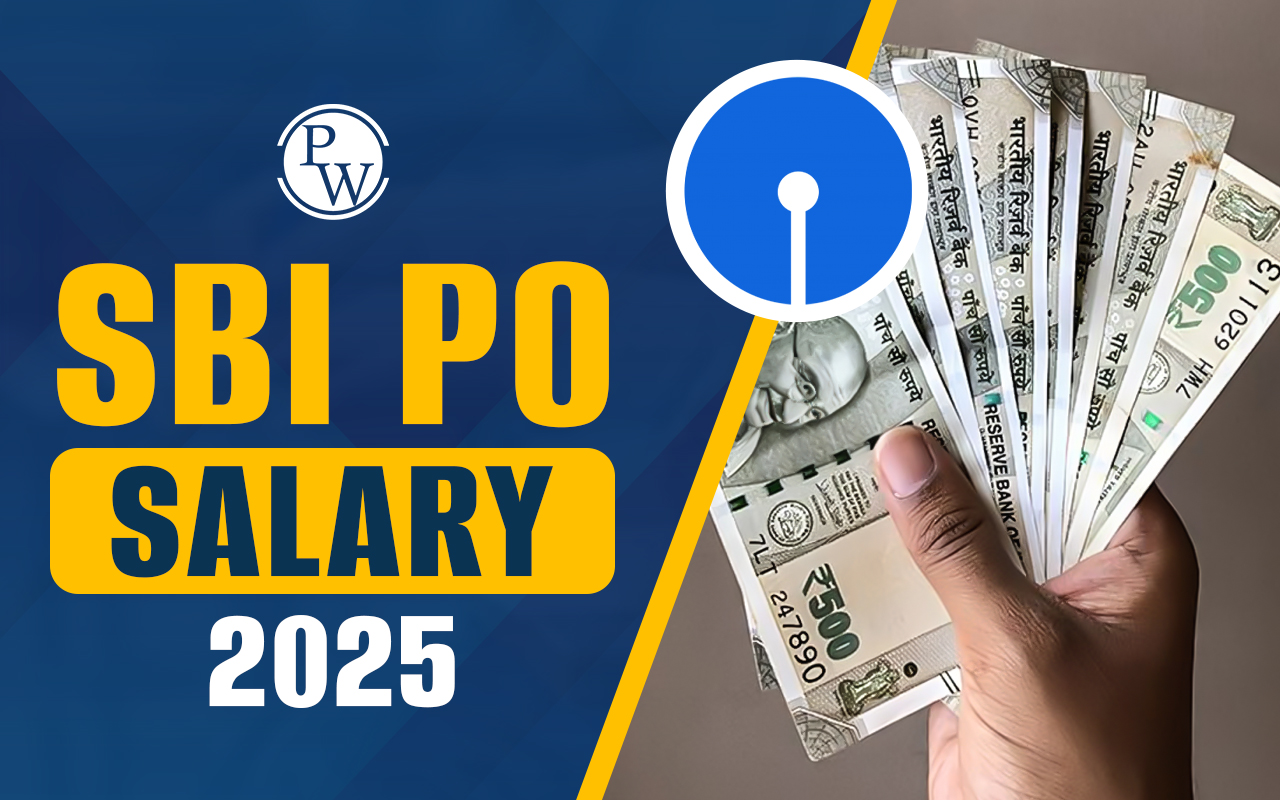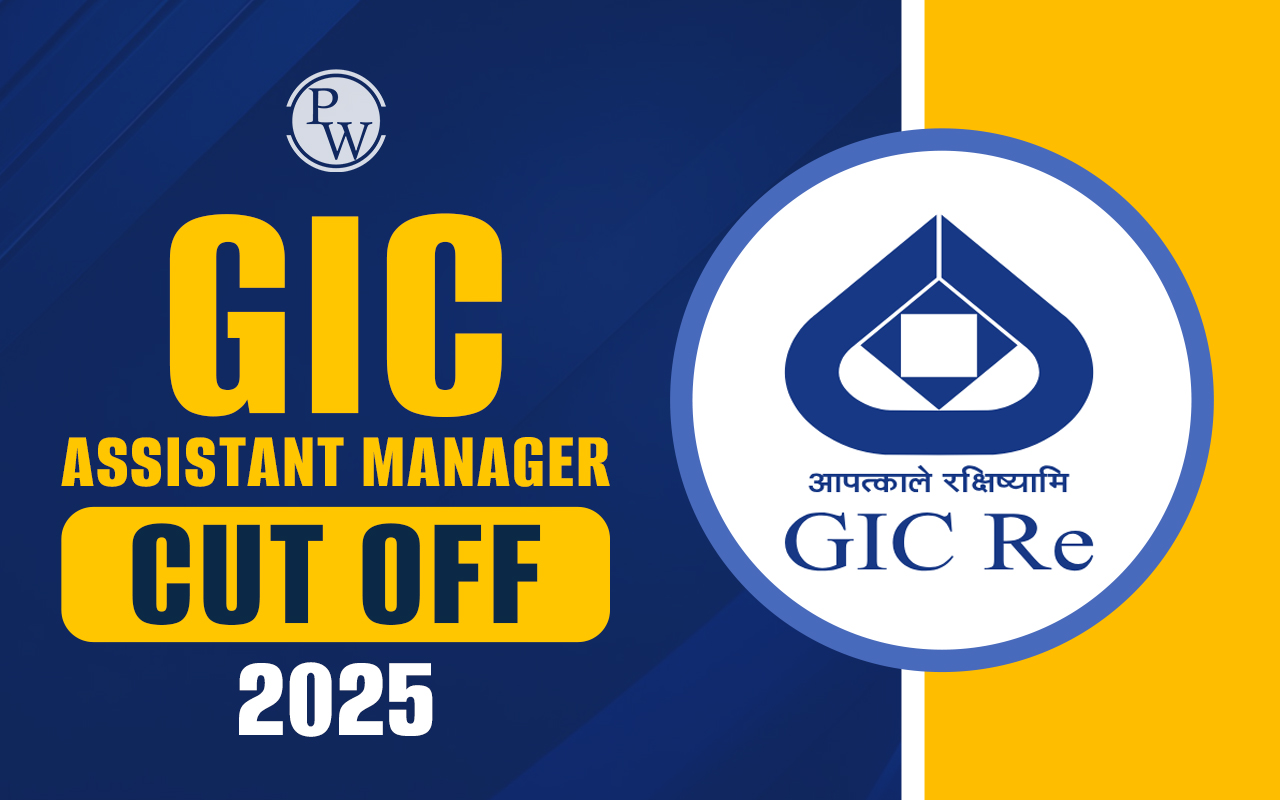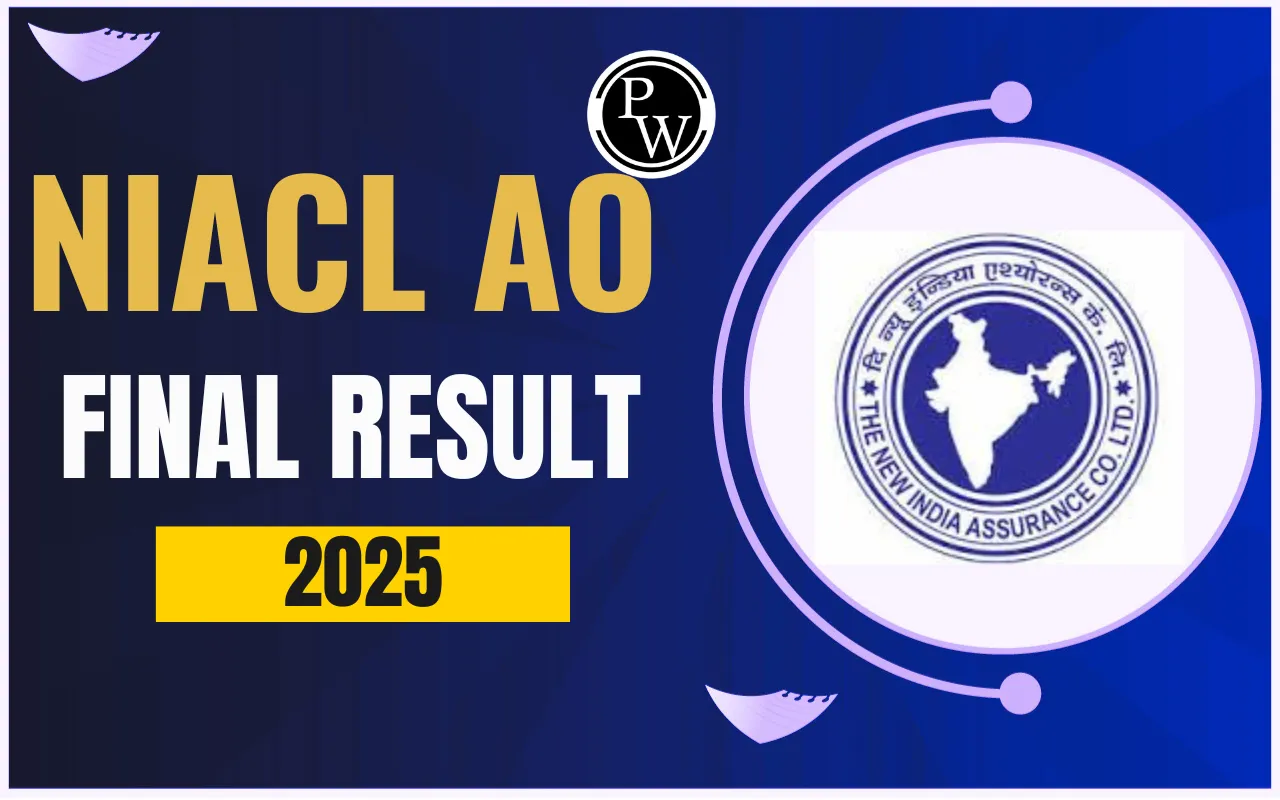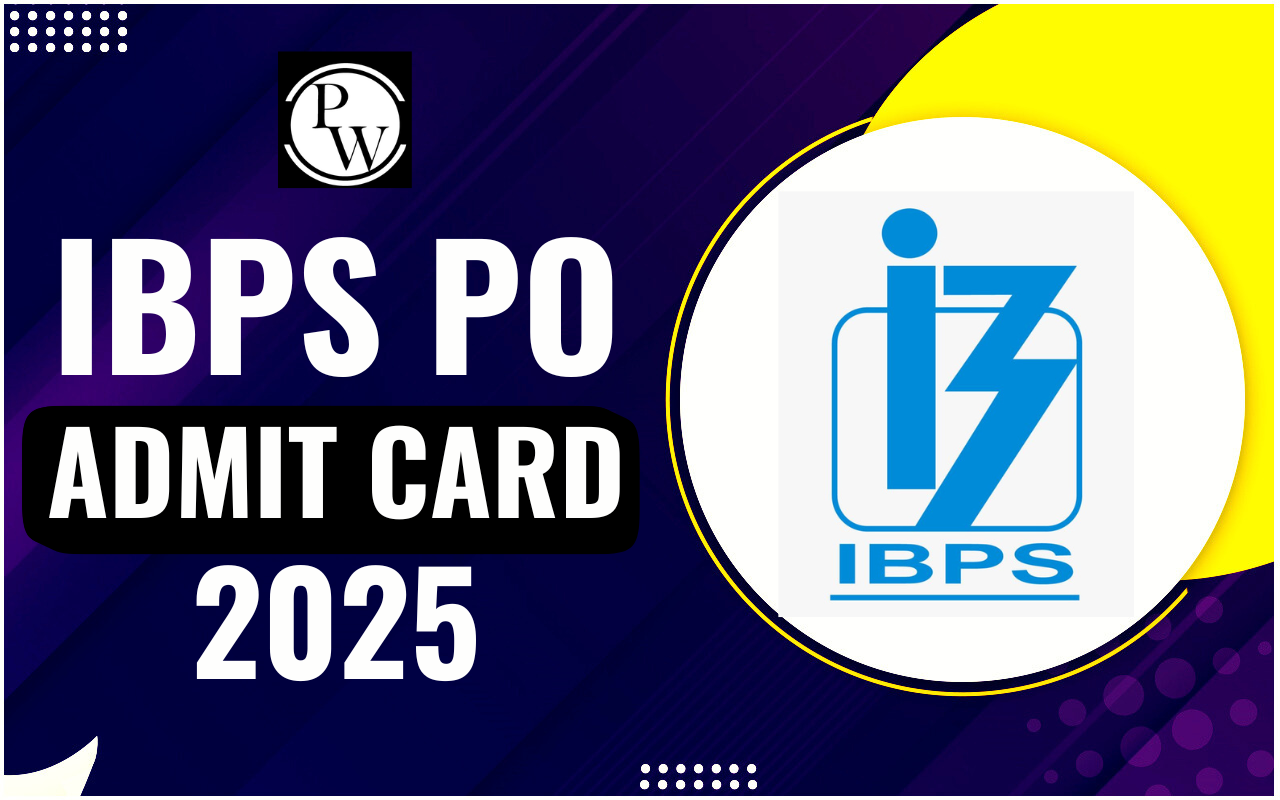
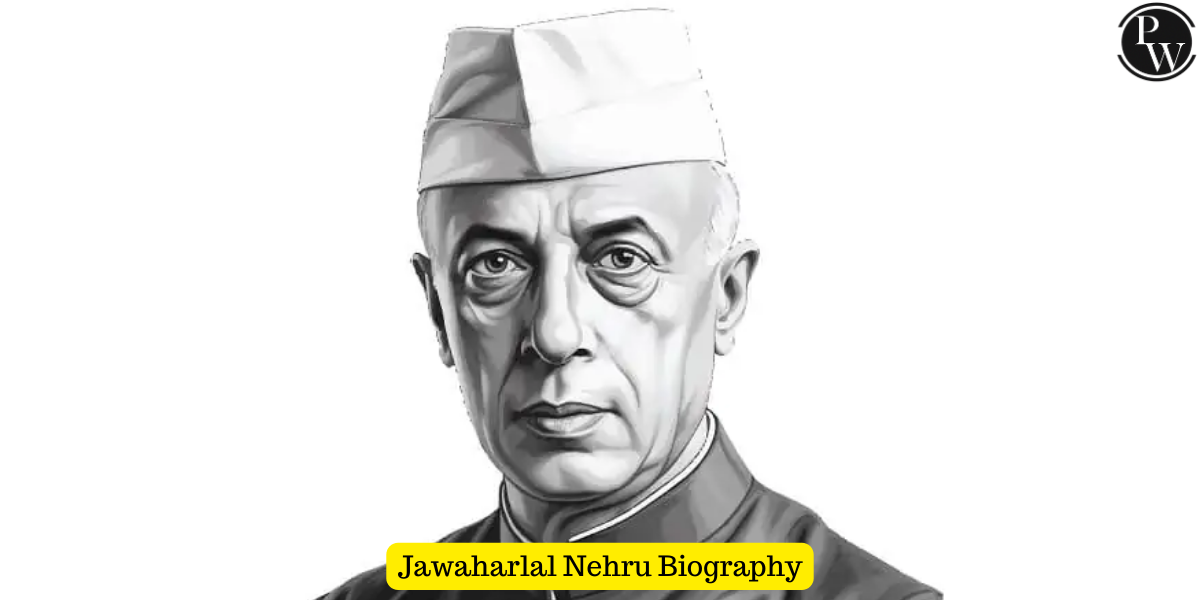
Jawaharlal Nehru Biography
Jawaharlal Nehru, born on November 14, 1889, in Allahabad, India, and passed away on May 27, 1964, in New Delhi, was the first prime minister of independent India from 1947 to 1964.
Pandit Jawaharlal Nehru played a key role in India's fight for independence and became the first Prime Minister of the country. He introduced socio-economic policies with an idealistic socialist approach. Besides his political contributions, Nehru was a prolific writer, authoring books like 'The Discovery of India' and 'Glimpses of the World History'.
Notably, Nehru was the father of Indira Gandhi, who later became the first woman Prime Minister of India. He established a parliamentary government and was recognized for his neutral or nonaligned foreign policies. Nehru actively participated in India's Independence movement, emerging as a prominent leader in the 1930s and 40s.
Jawaharlal Nehru Early Life
- Nehru came from a family of Kashmiri Brahmans known for their administrative skills and knowledge. His father, Motilal Nehru, was a well-known lawyer and leader in the Indian independence movement, closely associated with Mahatma Gandhi. Jawaharlal was the eldest of four children, and his sister, Vijaya Lakshmi Pandit, later became the first woman president of the United Nations General Assembly.
- His early education until the age of 16 took place at home, guided by various English teachers. He went to Harrow, a prestigious English school, for two years and then attended Trinity College, Cambridge, earning an honors degree in natural science. After Cambridge, he qualified as a barrister in London.
- Nehru spent seven years in England, which left him feeling somewhat out of place, neither entirely at home in England nor in India. He described himself as "a queer mixture of East and West, out of place everywhere, at home nowhere." He returned to India to truly understand his homeland, but the tensions between his experiences in England and his Indian roots remained a challenge throughout his life.
- Four years after coming back to India, in March 1916, Nehru got married to Kamala Kaul. She was from a Kashmiri family that had made Delhi their home. They had a daughter named Indira Priyadarshini, born in 1917. Later on, she would become the prime minister of India from 1966 to 1977 and again from 1980 to 1984 under her married name, Indira Gandhi. Furthermore, Indira's son Rajiv Gandhi took over as the prime minister after his mother from 1984 to 1989.
Jawaharlal Nehru Education
In 1907, Nehru started studying at Trinity College, Cambridge, and graduated in 1910 with a degree in natural science. During this period, he explored subjects like politics, economics, history, and literature. The writings of authors like Bernard Shaw, H. G. Wells, John Maynard Keynes, Bertrand Russell, Lowes Dickinson, and Meredith Townsend influenced his political and economic ideas.
After finishing his degree, Nehru went to London and pursued law at the Inner Temple Inn. During this time, he continued studying scholars from the Fabian Society, including Beatrice Webb, and later became a Barrister in 1912.
Jawaharlal Nehru Career
When Nehru came back to India in August 1912, he became a lawyer at the Allahabad High Court, like his father. However, he didn't enjoy being a lawyer and found it uninteresting. The atmosphere was not intellectually stimulating, and he felt life was quite dull. As time passed, his interest in nationalist politics grew, and it started to replace his career as a lawyer.
Jawaharlal Nehru Political Career
- After returning to India, Nehru tried to work as a lawyer, like his father. But he wasn't really into it – didn't enjoy the law stuff or hanging out with other lawyers.
- At that time, he was more of a natural nationalist, like many of his generation, wanting freedom for his country. But just like most of his friends, he didn't have a clear plan on how to make it happen.
- In his autobiography, Nehru talks about how he was interested in Indian politics while he was studying abroad. He and his father wrote letters to each other about India's freedom.
- But it wasn't until they met Mahatma Gandhi that they got serious about how to achieve this freedom. What impressed them about Gandhi was his focus on taking action against the British rule in India.
- Nehru first met Gandhi in 1916, and even though they didn't make a strong impression on each other initially, things changed later. Nehru was more in the background of Indian politics until he became the president of the Congress Party in 1929.
- That's when he led the session in Lahore (now in Pakistan) that declared complete independence as India's goal, changing it from the earlier aim of dominion status.
- Nehru got involved with the Congress Party around 1919 after World War I. This period had a lot of nationalist activity and government crackdowns, leading to the tragic Amritsar Massacre in 1919. Hundreds of people were killed when the British military fired on a crowd of unarmed Indians.
- In 1921, when Congress leaders were banned in some provinces, Nehru went to prison for the first time. Over the next 24 years, he would be in prison for eight more times, the last one lasting almost three years until June 1945. In total, he spent more than nine years in jail. He saw these imprisonments as regular breaks in a life filled with unusual political activities.
- Nehru learned the ropes of politics with the Congress Party from 1 919 to 1929. He became the general secretary of the party in 1923 and again in 1927.
- His travels around India, especially in his home state of United Provinces (now Uttar Pradesh), showed him the severe poverty of the peasants, influencing his ideas on how to solve these crucial issues.
- Although he leaned toward socialism, his radical thoughts weren't set in stone. The turning point came during his tour of Europe and the Soviet Union in 1926–27.
- That's when he got interested in Marxism and socialist ideas. Even though he didn't fully agree with everything in communism, his economic thinking started being influenced by Marxist ideas, adjusted to fit India's conditions.
Jawaharlal Nehru Nationalist movement (1912–1938)
Britain and return to India: 1912–1913
- Nehru became interested in Indian politics while studying and practicing law in Britain. When he returned to India in 1912, he attended an Indian National Congress session in Patna.
- At that time, Congress was mainly composed of moderates and elites, which left Nehru feeling uneasy as he thought it was too focused on the English-speaking upper class.
- Despite his doubts about Congress's effectiveness, he decided to support the party and worked for the Indian civil rights movement led by Mahatma Gandhi in South Africa.
- In 1913, he collected funds for the movement. Nehru later campaigned against unfair treatment, such as indentured labor and discrimination faced by Indians in British colonies.
Nehru's Rise After the Lahore Session (1929)
After the Lahore session in 1929, Nehru became a prominent leader, especially among young people and intellectuals. Gandhi, cleverly making Nehru the president of the Congress Party, aimed to involve India's youth, who were leaning towards extreme leftist ideas, in the Congress movement. Gandhi thought that with more responsibility, Nehru would stick to a more moderate approach.
Nehru's Growing Role (1931-1932)
- When Nehru's father passed away in 1931, Nehru got more involved in the Congress Party and grew closer to Gandhi. Even though Gandhi officially declared Nehru as his political successor in 1942, people already saw Nehru as Gandhi's natural heir in the mid-1930s.
- The Gandhi-Irwin Pact in March 1931 marked a truce between Gandhi and the British viceroy, Lord Irwin. It followed Gandhi's effective civil disobedience movement, known as the Salt March, during which Nehru got arrested.
- However, the hope for better Indo-British relations after the pact didn't last. In 1932, Lord Willingdon jailed Gandhi shortly after his return from the second Round Table Conference in London. Nehru was also arrested and sentenced to two years in prison.
Round Table Conferences and Provincial Autonomy (1935)
- The three Round Table Conferences in London aimed to move India towards self-government, leading to the Government of India Act of 1935. This act gave Indian provinces autonomous government systems and outlined a federal system.
- Although the federation never happened, provincial autonomy was put into practice. In the mid-1930s, Nehru kept a close eye on European developments, anticipating another world war. Even back then, he emphasized that if war happened, India should stand with the democracies but only as a free country.
Election Challenges and Hindu-Muslim Conflicts (1937-1947)
- After elections brought the Congress Party to power in most provinces with the introduction of provincial autonomy, Nehru faced a challenge.
- The Muslim League under Mohammed Ali Jinnah didn't do well in the polls, and Congress rejected Jinnah's proposal for coalition governments, a decision Nehru supported.
- This clash eventually led to conflicts between Hindus and Muslims, leading to the partition of India in 1947 and the creation of Pakistan.
Imprisonment During World War II (1939-1945)
- During World War II in 1939, India was committed to war by the viceroy, Lord Linlithgow, without consulting the autonomous provincial ministries. Congress withdrew its provincial ministries in protest, leaving the political field open to Jinnah and the Muslim League. Nehru's views on the war differed from Gandhi's.
- While Gandhi believed in unconditional nonviolent support to the British, Nehru felt that nonviolence wouldn't work against aggression, and India should support Britain in a war against Nazism but as a free country.
- In 1940, Gandhi changed his stance and started a limited civil disobedience campaign. Nehru, the second leader in this campaign, was arrested and sentenced to four years in prison. After a little over a year, he was released just before the bombing of Pearl Harbor.
- With the Japanese threat in Burma in 1942, the British government made overtures to India through Sir Stafford Cripps, but it failed. Nehru, though initially hesitant to oppose the war effort, had to join Gandhi after the Quit India resolution in 1942. The Congress working committee, including Gandhi and Nehru, was arrested.
- Nehru was released in June 1945, and within two years, India was to be partitioned. Efforts to bring the Congress Party and the Muslim League together failed.
- The Labour government, replacing Churchill's administration, sent a Cabinet mission to India. Eventually, on August 15, 1947, India and Pakistan became two separate independent countries, and Nehru became the first prime minister of independent India.
Jawaharlal Nehru As First Prime Minister of India
- As India's prime minister from 1947 to 1964, Nehru achieved significant milestones despite challenges. His approach to politics was secular, focusing on modernizing India. This differed from Gandhi's traditional and religious stance. Nehru's emphasis on modern values and unity amid diversity made him a revered figure.
- He worked towards India's progress in science and technology, highlighting social concerns and democratic values. He took pride in reforming the Hindu civil code, ensuring equal rights for widows.
- Internationally, Nehru initially championed anticolonialism but shifted focus to nonalignment. His stance faced scrutiny in 1956 during the Hungarian Revolution.
- Despite the Bandung Conference and the Non-Aligned Movement, his commitment to nonalignment weakened after the Sino-Indian War in 1962. China's threat exposed the limitations of Nehru's nonalignment, and his call for Western aid contradicted this policy. However, China eventually withdrew its troops.
- During Nehru's time as India's prime minister, the Kashmir issue between India and Pakistan persisted. After the partition in 1947, efforts were made to settle the dispute, but when the Maharaja of Kashmir chose India, conflict erupted. The UN arranged a cease-fire line, leading to the current line of control.
- Nehru successfully addressed the issue of the Portuguese colony of Goa in 1961, the last foreign-controlled entity in India.
- He faced criticism for military action, but the context justified it, considering the changing colonial landscape. Nehru tried nonviolent means initially, and when diplomacy failed, he acted to end Portuguese presence.
Nehru's health declined after the China clash, suffering strokes in 1963 and 1964, leading to his death.
Hindu Marriage Law and Jawaharlal Nehru's Role
- In the 1950s, India introduced various laws, including the Hindu Code law, to codify and modify Hindu personal law. This process, initiated during British rule, was completed after India gained independence in 1947, under the leadership of Prime Minister Jawaharlal Nehru and the Indian National Congress government.
- The Hindu Code Bill aimed to replace personal Hindu law with a civil code. Introduced to the Constituent Assembly on April 9, 1948, the bill faced resistance, leading to its breakdown into three specialized bills.
- These bills, presented during the 1952-1957 term of the Lok Sabha, addressed issues such as abolishing polygamy, regulating inter-caste marriages, simplifying divorce procedures (Hindu Marriage Bill), emphasizing the adoption of girls (Hindu Adoption and Maintenance Bill), and ensuring equal inheritance rights for daughters (Hindu Succession Bill).
Jawaharlal Nehru And 1952 Elections
- After the ratification of the constitution on November 26, 1949, the Constituent Assembly served as the provisional parliament until new elections.
- During this period, Nehru's interim cabinet comprised 15 representatives from various communities and parties. Ahead of the elections, cabinet members resigned to form their parties.
- Nehru, serving as both the Prime Minister and the President of Congress for 1951 and 1952, led the Congress party to significant victories at the state and national levels in the 1952 elections, despite facing numerous competing parties.
Jawaharlal Nehru Major Work
- As India's first Prime Minister, Jawaharlal Nehru left an indelible mark through his major works and initiatives. Nehru championed modern values and thinking, steering the nation toward a progressive future.
- His emphasis on a secular and liberal approach underscored the inclusive nature of governance. Ensuring the fundamental unity of India was a key focus, promoting a sense of cohesion among its diverse population.
- Nehru's commitment to democratic socialism was evident in the implementation of the first five-year plans from 1951, fostering industrialization and economic growth.
- Recognizing the pivotal role of science and technology in national development, he established institutions for higher learning. In addition to these economic and scientific strides, Nehru instituted various social reforms.
- These reforms included initiatives such as free public education, providing free meals for Indian children, and granting legal rights to women, enabling them to inherit property and seek divorce.
- He also enacted laws to combat discrimination based on caste, contributing to a more equitable and just society. Nehru's multifaceted approach aimed at holistic progress, shaping the foundations of modern India.
Jawaharlal Nehru Legacy
He left a legacy of asserting Indian identity without Gandhi's Hindu aura. Nehru's modern outlook attracted the younger generation, aligning India with Western thinking. He diverged from Gandhi on industrialization and viewed nonviolence pragmatically.
Nehru played a crucial role in shaping India's foreign policy, making the world aware of India. His vision for democratic socialism emphasized democracy, socialism, unity, and secularism. Despite criticism, Nehru maintained these principles during his 17-year tenure, leaving a lasting impact on India's political landscape.
Jawaharlal Nehru Facts
- Jawaharlal Nehru, born on November 14, 1889, in Allahabad, Uttar Pradesh, played a crucial role in India's fight for independence and served as the first Prime Minister of Independent India.
- His parents were Motilal Nehru and Swarup Rani Nehru, and he was married to Kamala Nehru, with whom he had a daughter, Indira Gandhi.
- Nehru pursued education at Harrow School, London; Trinity College, Cambridge; and Inns of Court School of Law, London.
- Throughout his career, he engaged in various roles, including being a barrister, writer, and politician, aligning with the Indian National Congress and advocating for ideologies like nationalism, socialism, and democracy.
- He received the Bharat Ratna and authored notable works such as "The Discovery of India" and "Glimpses of World History."
- Nehru passed away on May 27, 1964, in New Delhi, succumbing to a heart attack. Shantivan serves as his memorial.
Jawaharlal Nehru Death
In 1962, Nehru's health began to weaken, and he spent several months recovering in Kashmir until 1963. On May 26, 1964, after returning from Dehradun, he felt relaxed.
That evening, after a restful night, Nehru complained of back pain after returning from the bathroom. He talked briefly to the attending doctors before collapsing almost instantly.
Remaining unconscious until his death, he passed away on May 27, 1964. The cause of death was suspected to be a heart attack. Nehru's body was placed for public viewing on the Indian national tri-color flag.
His cremation, following Hindu rituals, took place on May 28 at Shantivan on the banks of the Yamuna. A massive crowd of 1.5 million mourners gathered on the streets of Delhi and the cremation grounds to pay their respects.
Jawaharlal Nehru FAQs
What is the real name of Nehru?
Why Nehru is called Pandit?
Where did Nehru born?
Was Nehru a Brahmin?
What is Jawaharlal Nehru famous for?


